Emphasis is placed on:
- high consumption of vegetables, fruits and whole grains,
- lean meat and low-fat dairy,
- reduction sodiumand ultraprocessed foods.
It is considered one of the most Safe and balanced diet for the long term, recommended by doctors and nutritionists.
What foods are allowed in the DASH diet? 🥗
Recommended:
- Varied fruits and vegetables (5—10 servings/day)
- Whole grains (oats, quinoa, brown rice)
- Skimmed or semi-skimmed milk (yogurt, milk, lean cheeses)
- Lean meat (chicken, turkey, fish)
- Oilseeds and seeds in moderate quantities
- Legumes (lentils, chickpeas, beans)
To avoid:
- Foods rich in salt (sausages, excess pickles, snacks)
- Ultra-processed products and fast food
- Excess saturated fats (butter, fatty meats, roasts)
- Sugary drinks and excess alcohol
Reported benefits ✅
- Swallow Reduces blood pressure
- ❤️ Improves cardiovascular health
- ⚖️ Can support weight loss
- 🧠 Contributes to a better mental state by reducing inflammation and oxidative stress
Risks and Disadvantages ⚠️
- ❌ It can be perceived as too “restrictive” about salt, especially for those who are used to salty foods
- ❌ Requires planning to achieve optimal daily fruit and vegetable intake
- ❌ It can be difficult to respect socially (meals in the city, restaurants that use a lot of salt and fat)
Who is it recommended for?
- People with high blood pressure
- Those with increased cardiovascular risk (cholesterol, family history)
- Anyone looking for a diet balanced and healthylong term
For how long can it be held? ⏳
- IndefiniteIt's more like a lifestylerather than a temporary diet.
- It is sustainable, balanced and supported by numerous clinical trials.
The DASH Diet and Sport 🏋️ ♀️
- Provides enough energy for moderate and intense workouts.
- Performance athletes may need a higher carbohydrate intake, but the DASH principles remain compatible.
DASH Diet and Intermittent Fasting ⏳🥗
- It integrates very well with protocols like 16/8, due to its high fiber intake → prolonged satiety.
- The combination can bring double metabolic benefit: regulation of tension and reduction of inflammation.
Do you want to know which diet is right for you? Take the Free Questionnaire here!
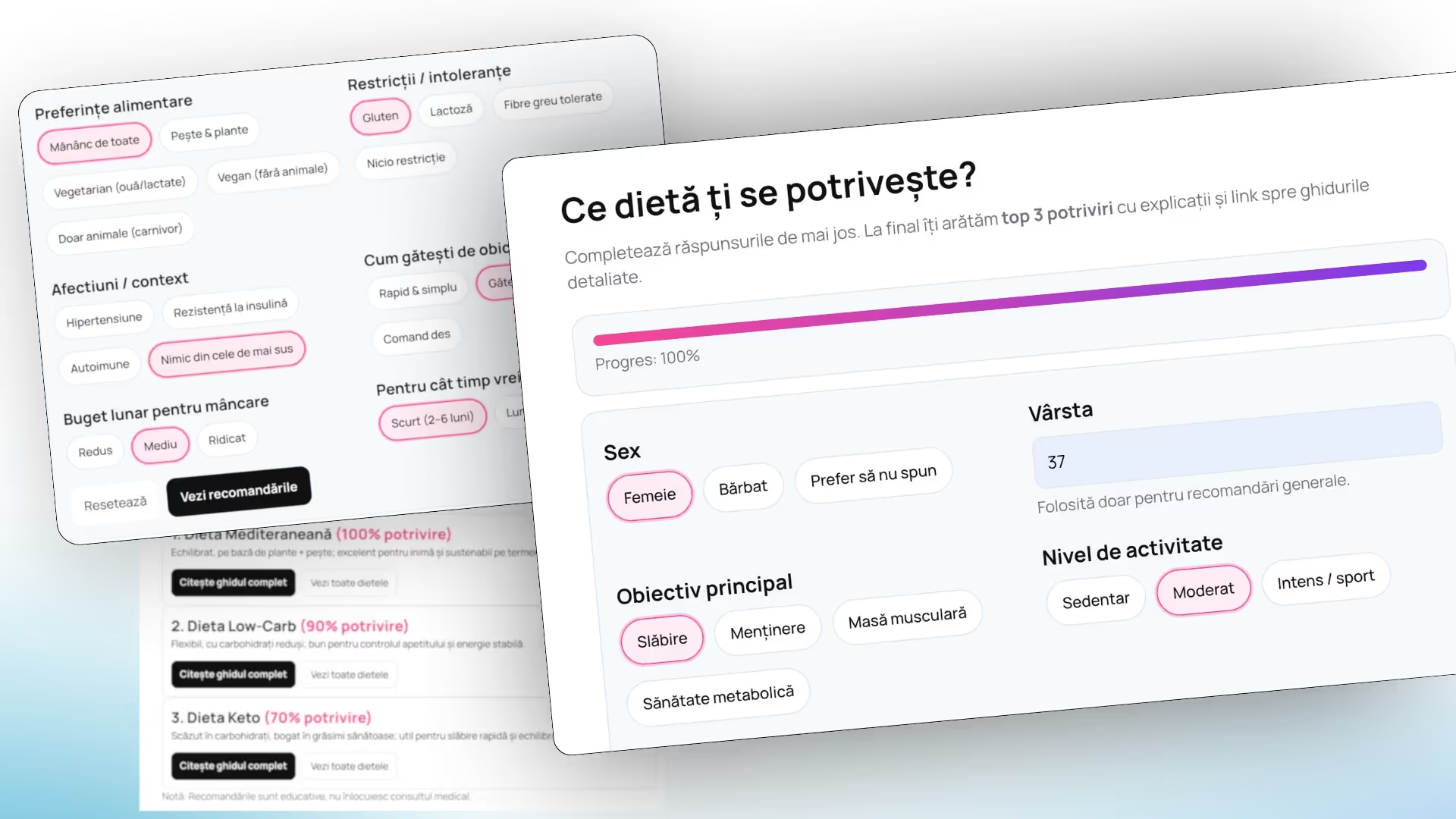
Generally, between 1500—2300 mg of sodium/day, that is, 3—5 g of salt (approx. 1 teaspoon).
Both are healthy. DASH is more focused on reducing sodium, Mediterranean on healthy fats.
Yes, occasionally, but in small quantities and preferably natural variants (fruit, dark chocolate).









.svg.avif)




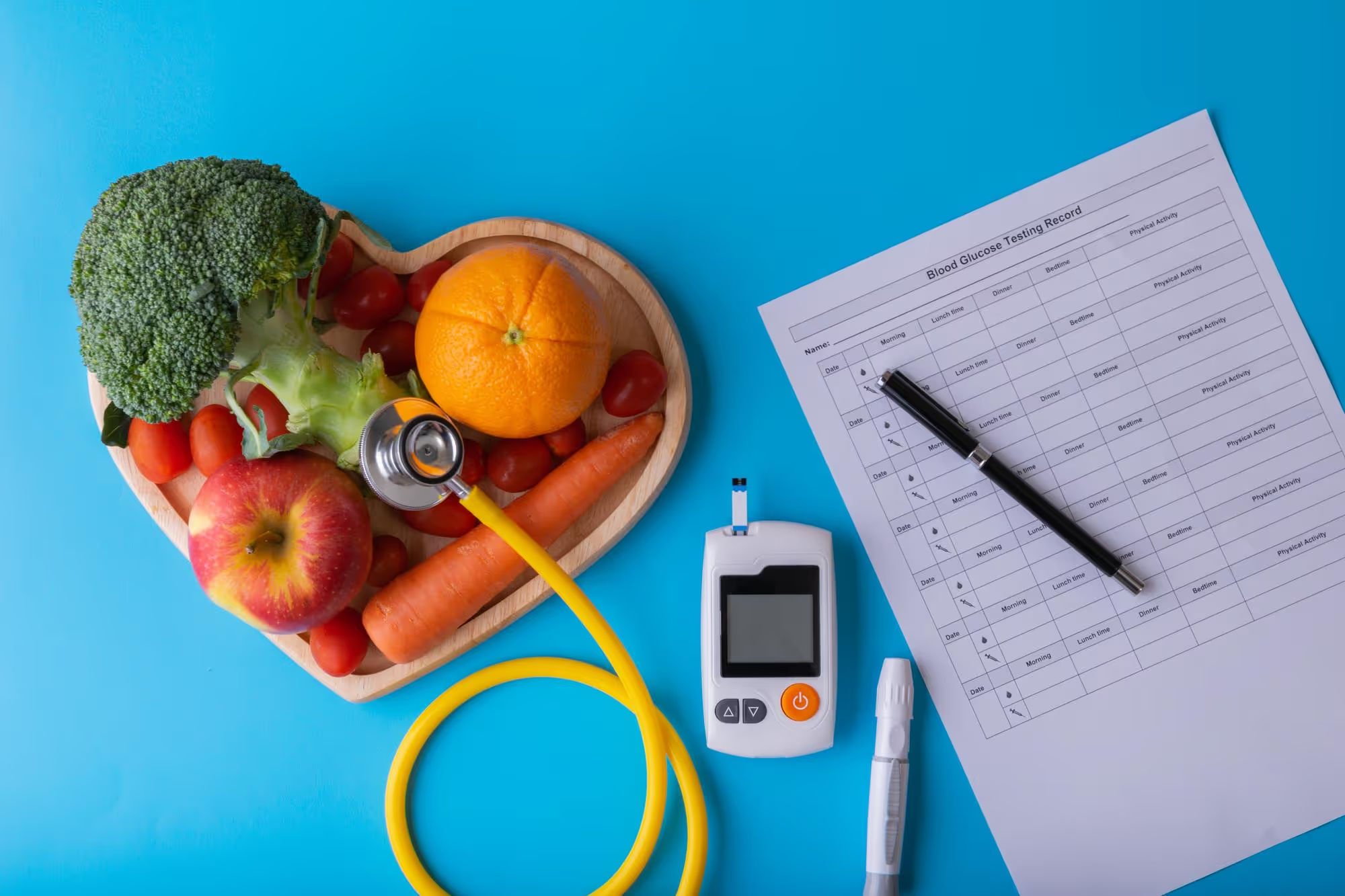







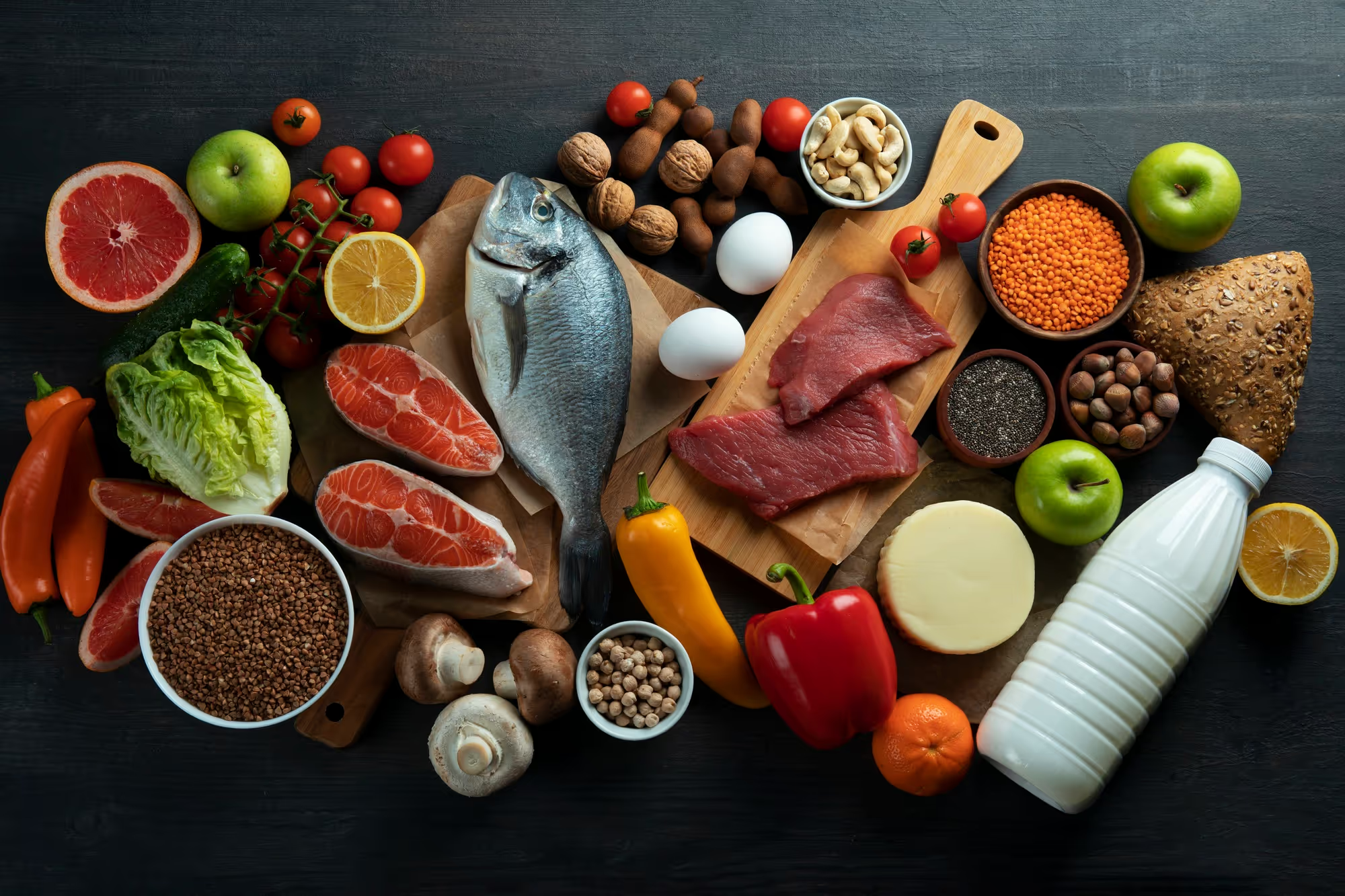

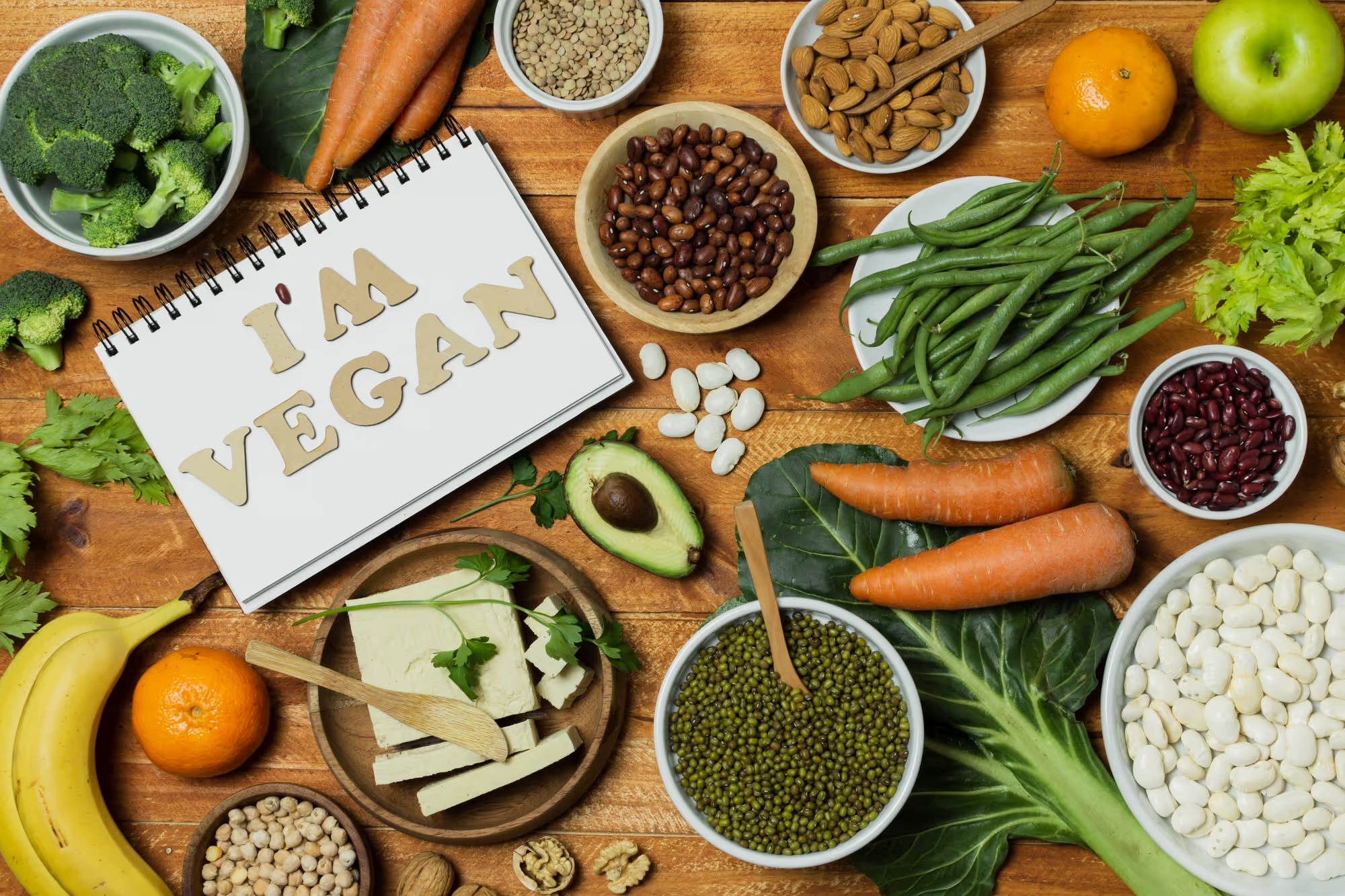




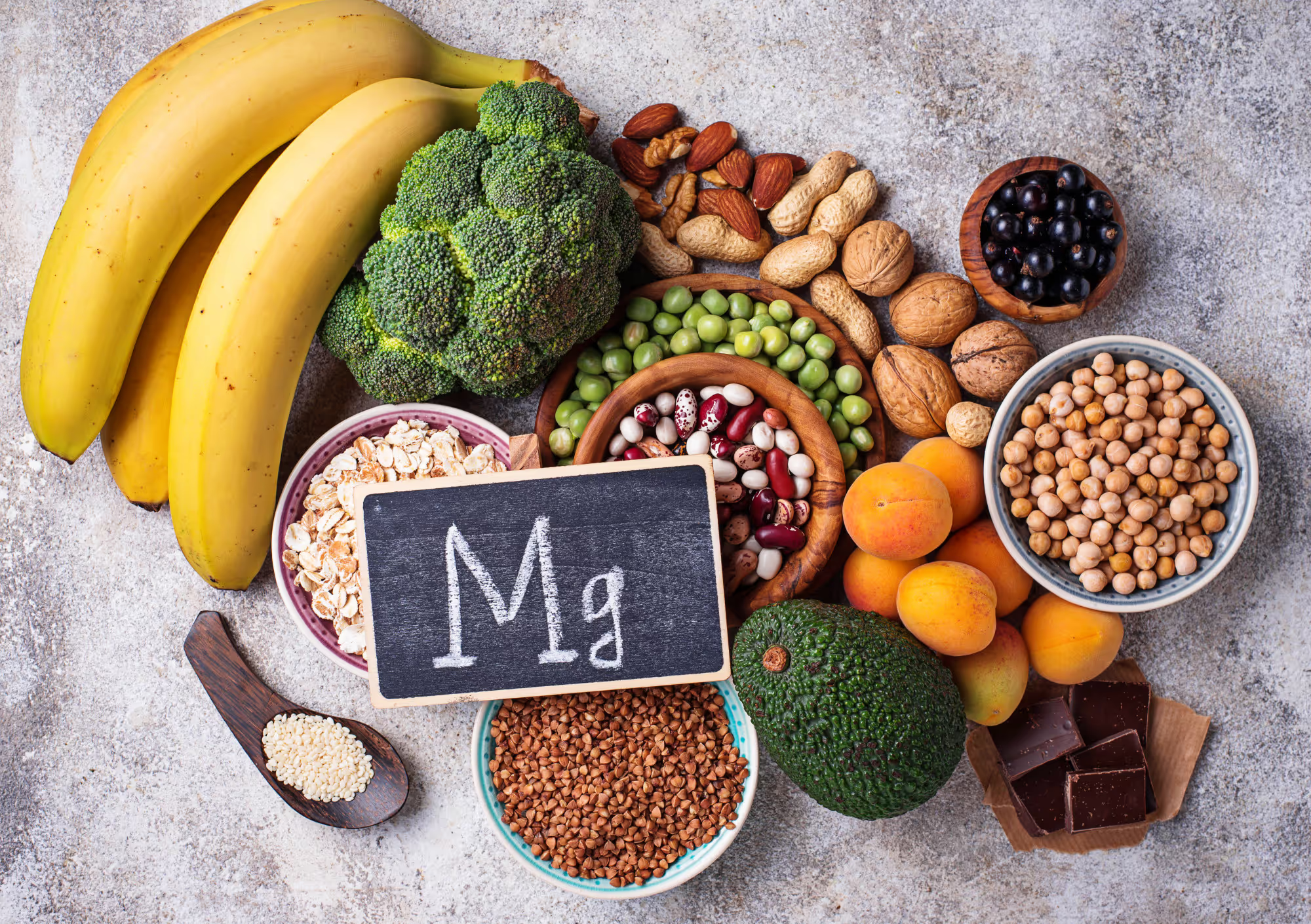














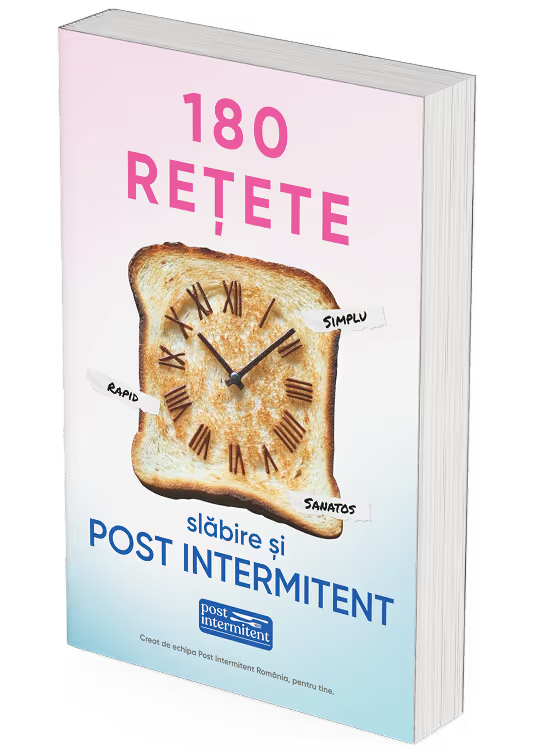
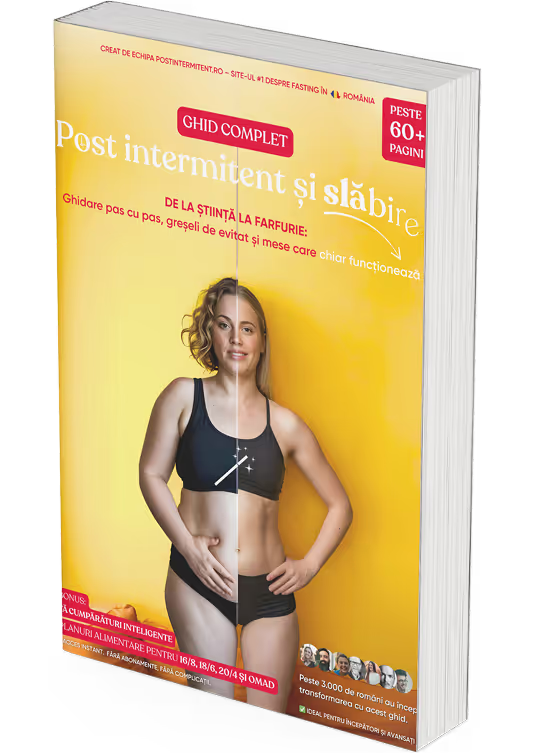
.svg)
